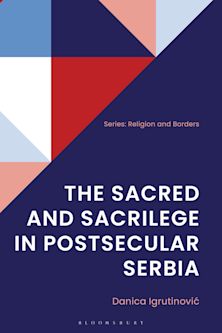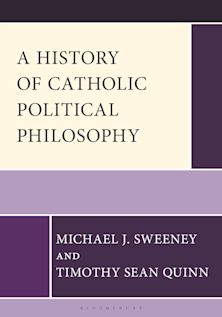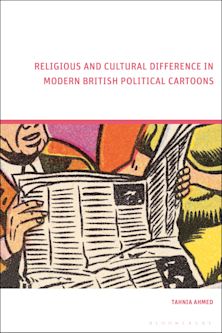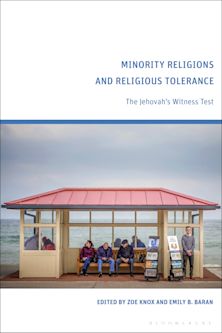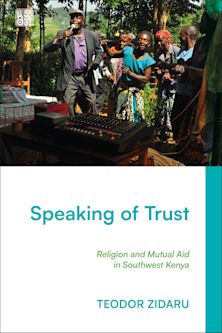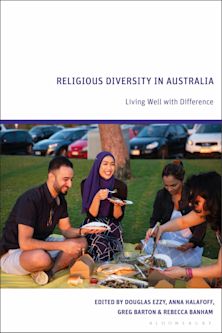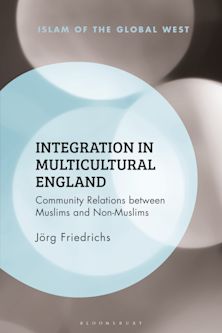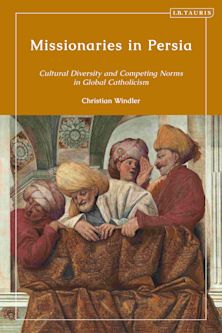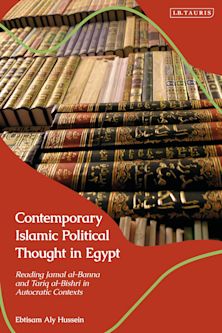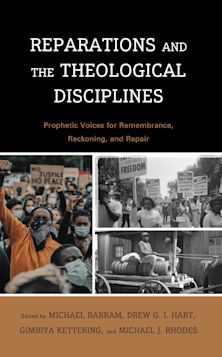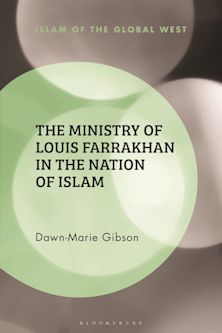- Home
- ACADEMIC
- Religious Studies
- Religion and Politics
- Moral Reflections on Foreign Policy in a Religious War
Moral Reflections on Foreign Policy in a Religious War
This product is usually dispatched within 3 days
- Delivery and returns info
-
Free US delivery on orders $35 or over
You must sign in to add this item to your wishlist. Please sign in or create an account
Description
Moral Reflections on Foreign Policy in a Religious War argues that foreign policy thinkers and actors must take religion more seriously than they have in analysis and action. The tragedy of U.S. policy in Iraq is in part due to the dangers of ignoring religious conflicts in that country until it was too late, and then responding too lightly. Working as a philosopher of religion and politics, Stone shows how both in the United States and the Middle East unreflective religion in a dialogic relationship with politics power has proven hazardous.
Stone proposes policy changes for the United States based on his analysis and calls for reform in the ways that both politics and religion are understood. Without peace between religions, there will be no peace in the Middle East. Without understanding how religion functions in international politics, the United States is doomed to repeat disastrous policies in the Middle East.
Table of Contents
Chapter 2 Introduction
Chapter 3 1. The Relationship of Ethics to International Politics
Chapter 4 2. Just War and Jihad
Chapter 5 3. Just Peacemaking Theory
Chapter 6 4. Religion, Morality, and International Politics
Chapter 7 5. On Speaking to Hezbollah and a Settler
Chapter 8 6. War and Wisdom from Islam and Christianity
Chapter 9 7. Reflections on the Role of Violence
Chapter 10 8. Response to Terrorism and the Iraq War
Product details
| Published | May 02 2008 |
|---|---|
| Format | Paperback |
| Edition | 1st |
| Extent | 130 |
| ISBN | 9780739127384 |
| Imprint | Lexington Books |
| Dimensions | 9 x 6 inches |
| Publisher | Bloomsbury Publishing |
About the contributors
Reviews
-
Ronald Stone has done as much, or more, than anyone else to utilize the Christian realism of Reinhold Niebuhr to deal with the conflicts of the twenty-first century. In this book he devotes special and perceptive attention to the role of religion in these conflicts. His helpful insights-historical, political, moral, and theological-deserve careful consideration.
Edward LeRoy Long Jr., Drew University













